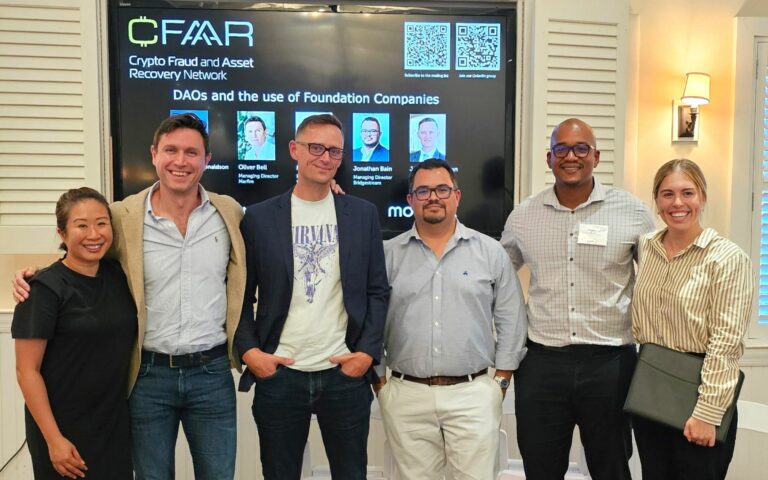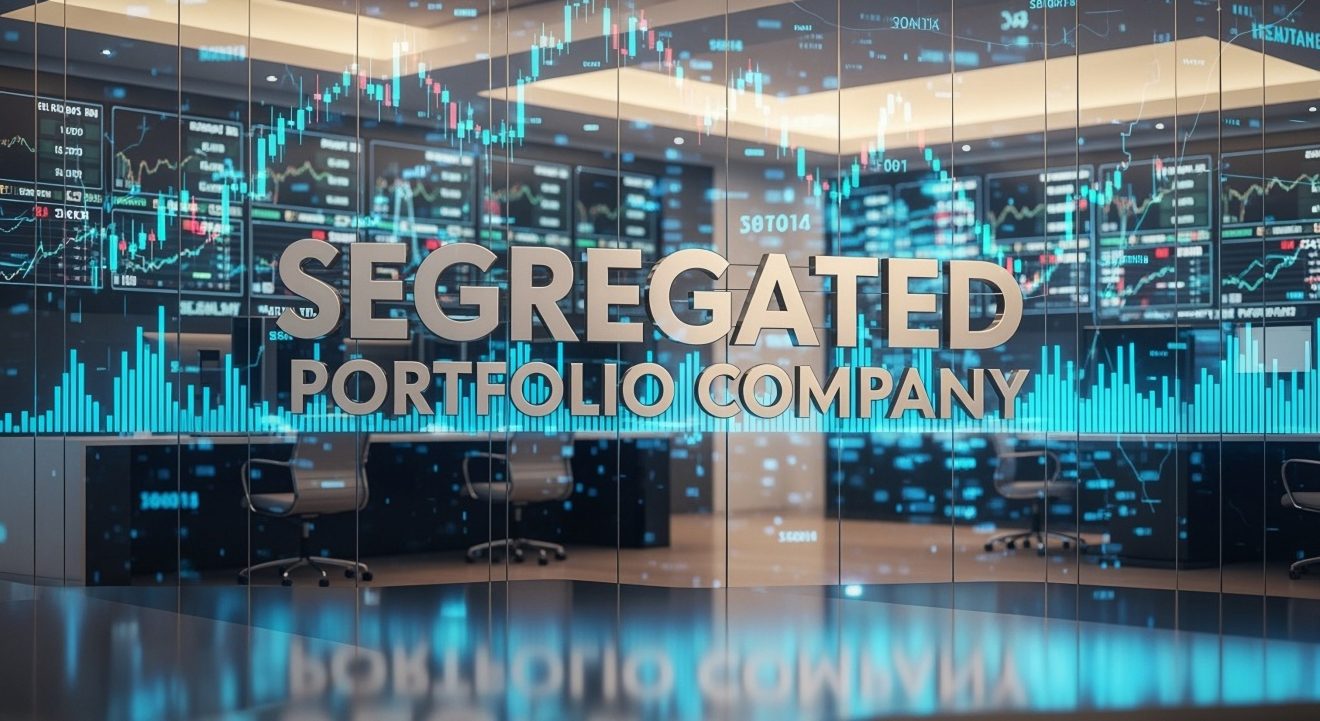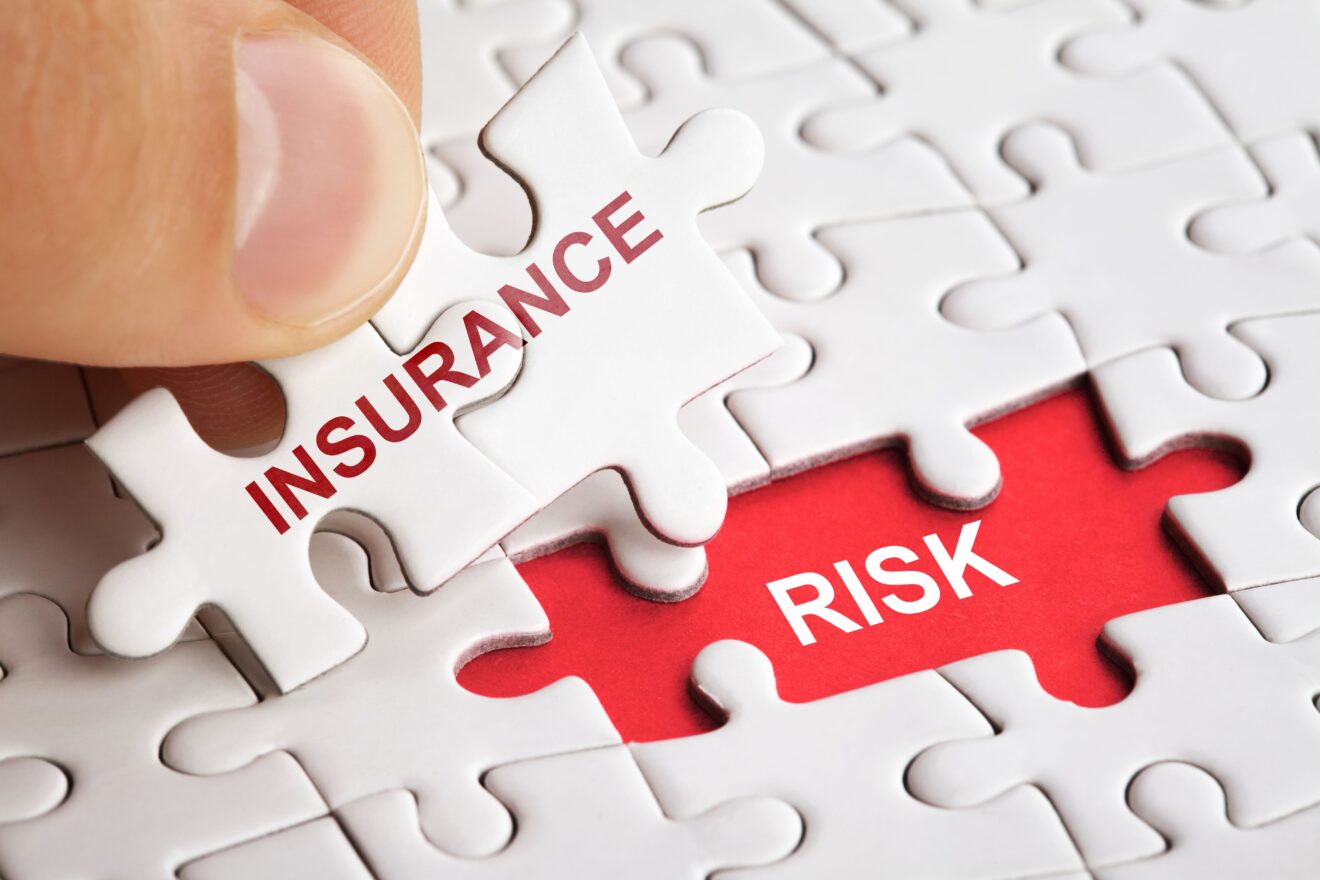
Melissa Lim (Walkers), Oliver Bell (Marfire), Jonathan Turnham (Travers Thorp Alberga), Jonathan Bain (Bridgestream), Haymond Rankin (Cayman Finance), and Cassandra Ronaldson (Interpath Advisory).
Cayman Finance member firm Walkers and the Crypto Fraud and Asset Recovery Network (CFAAR) held an event on 11 June, where a panel of experts discussed using Cayman Islands foundation companies as legal wrappers for DAOs. The session, moderated by Walkers Partner Melissa Lim, covered topics from formation to recent liquidations.
As I listened to the panel, I couldn’t help but reflect on my past experience in the legal field, recalling when the Foundation Companies Act came into force in 2017 and the fact that legislation regulating Virtual Asset Service Providers was not yet being widely considered.
Today, as both laws are now in effect, it’s fascinating to see the high level of interest in using these Cayman legal products in the virtual asset space. One panellist highlighted that historically not many people envisioned a foundation company being used as a DAO. Now many Cayman foundation companies serve this purpose, showcasing the jurisdiction’s dynamic and innovative legal framework.
The key takeaways were:
Legal framework – Cayman foundation companies are well-suited for DAOs, offering a blend of company and trust structures without requiring shareholders. This structure provides great flexibility and robustness in organising DAOs.
Cayman as a jurisdiction – The jurisdiction is highlighted for its advanced legal infrastructure, cost-effectiveness compared to competing jurisdictions, crypto-friendly regulations, and high quality of life, making it a preferred location to set up innovative financial structures and maintain a physical business presence.
Practical challenges and compliance – Managing burn rates, handling regulatory inquiries, and resolving founder disputes are essential. Effective communication, strategic planning, and employing best practices are key to mitigating risks and ensuring regulatory compliance.
Decentralisation and governance – Transitioning from centralised to decentralised governance structures, whilst establishing clear roles and responsibilities and adopting effective decision-making processes to enhance operational efficiency is important.
Technological tools and security – Employing advanced technological solutions such as smart contracts, conducting comprehensive security audits, and using multi-signature wallets are crucial to ensuring security and maintaining transaction integrity.
Communication – Service providers should implement appropriate processes to handle the unconventional methods of communication preferred by clients in this space (such as Signal and Telegram). Clients may favour these platforms over email, so proficiency in these tools is key.
The event showcased the significant strides Cayman has made in embracing and supporting the fintech and virtual asset space. It’s an exciting time to be part of this dynamic field within a collaborative and collegial legal landscape.
For more updates and to register for future events, visit the CFARR event website: https://www.cfaar.io/upcoming-events/.
Haymond Rankin is an Associate Director responsible for Virtual Assets & Fintech at Cayman Finance.


